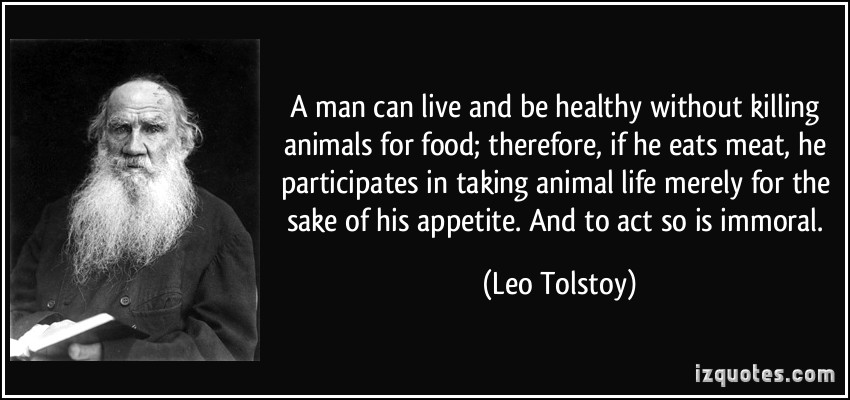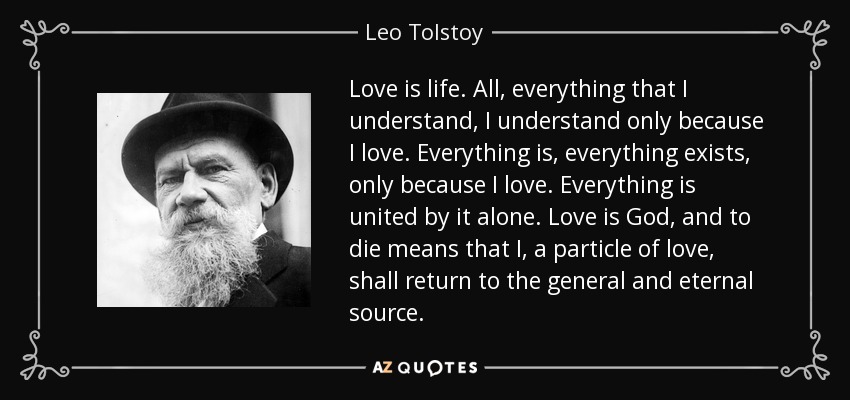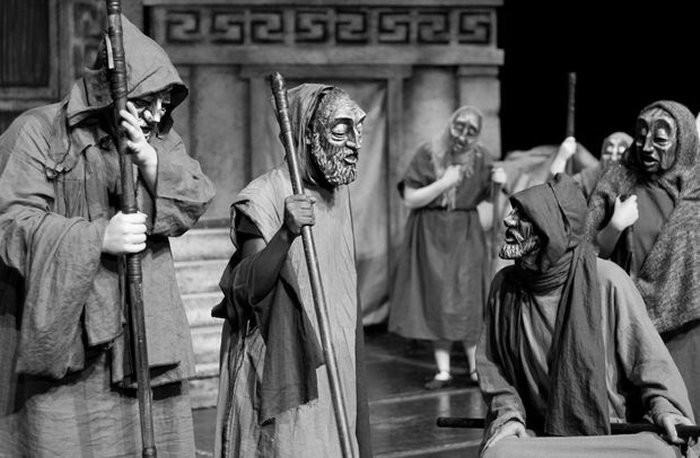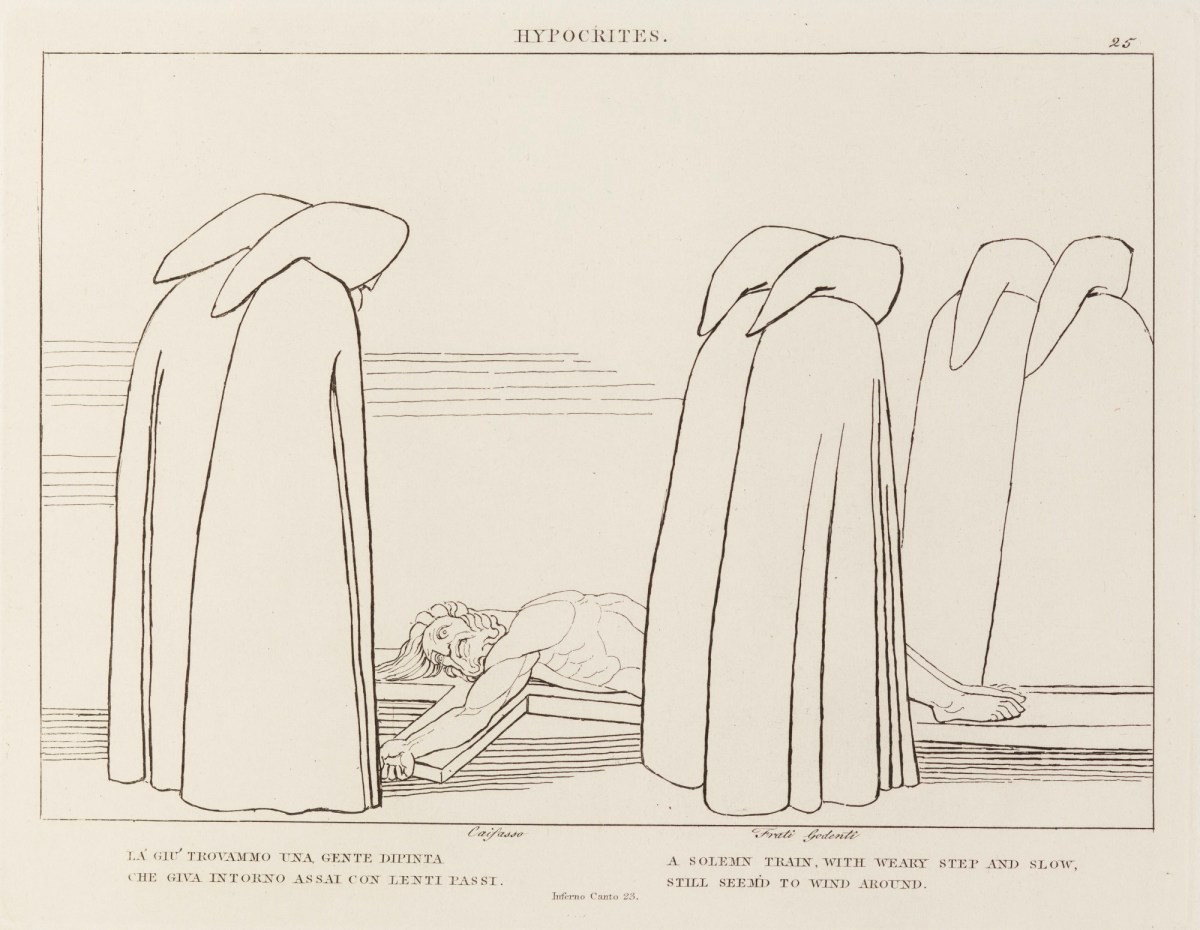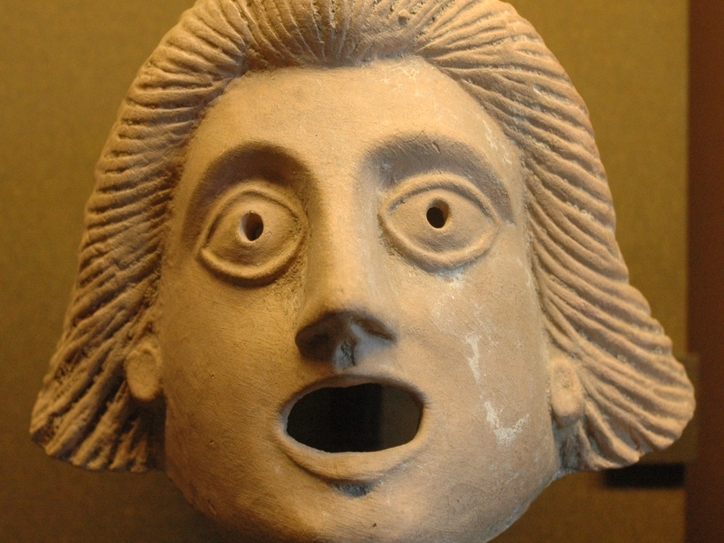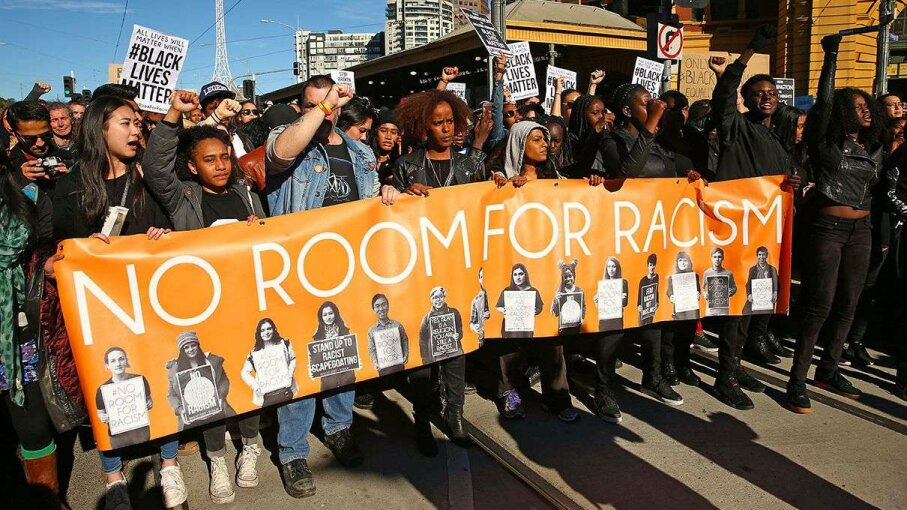 |
| Leo Tolstoy |
 |
| Leo Tolstoy with wife Sophia Tolstaya |
Sophia Tolstaya
m. 1862–1910
Countess Sophia Andreyevna Tolstaya, was a Russian diarist,
and the wife of Russian writer Leo Tolstoy.
Born: August 22, 1844, North-Western Administrative Okrug, Russia
Died: November 4, 1919, Yasnaya Polyana, Yasnaya Polyana, Russia
Spouse: Leo Tolstoy (m. 1862–1910)
Children: Alexandra Tolstaya, Andrei Lvovich Tolstoy
Grandchildren: Sophia Andreyevna Tolstaya, S. S. Tolstoĭ
* * * * * * * * * * * * *
Leo Tolstoy - Rare Footage & Voice
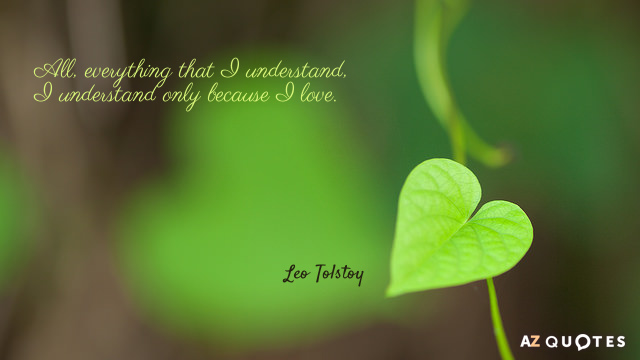

Leo Tolstoy - Rare Footage & Voice
* * * * * * * * * * * * *
 |
| Tolstoy on 23 May 1908 at Yasnaya Polyana, photo by Sergey Prokudin-Gorsky |
Leo Tolstoy
- "Tolstoy" and "Tolstoi" redirect here. For other uses, see Tolstoy (disambiguation).
- "Lev Tolstoy" redirects here. For the rural locality and the railway station in Lipetsk Oblast, Russia, see Lev Tolstoy (rural locality).
- This name uses Eastern Slavic naming customs; the patronymic is Nikolayevich and the family name is Tolstoy.
| Native name |
Лев Николаевич Толстой
|
|---|---|
| Born | Lev Nikolaevich Tolstoy 9 September 1828 Yasnaya Polyana, Tula Governorate, Russian Empire |
| Died | 20 November 1910 (aged 82) Astapovo, Ryazan Governorate, Russian Empire |
| Resting place | Yasnaya Polyana |
| Occupation | Novelist, short story writer, playwright, essayist |
| Language | Russian |
| Nationality | Russian |
| Period | 1847–1910 |
| Literary movement | Realism |
| Notable works | War and Peace Anna Karenina The Death of Ivan Ilyich The Kingdom of God Is Within You Resurrection |
| Spouse |
Sophia Behrs (m. 1862)
|
| Children | 13 |
Count Lev Nikolayevich Tolstoy[note 1] (/ˈtoʊlstɔɪ, ˈtɒl-/;[2] Russian: Лев Николаевич Толстой,[note 2] tr. Lev Nikoláyevich Tolstóy; [lʲef nʲɪkɐˈlaɪvʲɪtɕ tɐlˈstoj]; 9 September [O.S. 28 August] 1828 – 20 November [O.S. 7 November] 1910), usually referred to in English as Leo Tolstoy, was a Russian writer who is regarded as one of the greatest authors of all time.[3] He received multiple nominations for the Nobel Prize in Literature every year from 1902 to 1906 and nominations for Nobel Peace Prize in 1901, 1902 and 1910 and the fact that he never won is a major Nobel prize controversy.[4][5][6][7]
Born to an aristocratic Russian family in 1828,[3] he is best known for the novels War and Peace (1869) and Anna Karenina (1877),[8] often cited as pinnacles of realist fiction.[3] He first achieved literary acclaim in his twenties with his semi-autobiographical trilogy, Childhood, Boyhood, and Youth (1852–1856), and Sevastopol Sketches (1855), based upon his experiences in the Crimean War. Tolstoy's fiction includes dozens of short stories and several novellas such as The Death of Ivan Ilyich (1886), Family Happiness (1859), and Hadji Murad (1912). He also wrote plays and numerous philosophical essays.
In the 1870s Tolstoy experienced a profound moral crisis, followed by what he regarded as an equally profound spiritual awakening, as outlined in his non-fiction work A Confession (1882). His literal interpretation of the ethical teachings of Jesus, centering on the Sermon on the Mount, caused him to become a fervent Christian anarchist and pacifist.[3] Tolstoy's ideas on nonviolent resistance, expressed in such works as The Kingdom of God Is Within You (1894), had a profound impact on such pivotal 20th-century figures as Mahatma Gandhi[9] and Martin Luther King Jr.[10] Tolstoy also became a dedicated advocate of Georgism, the economic philosophy of Henry George, which he incorporated into his writing, particularly Resurrection (1899).
Origins
The Tolstoys were a well-known family of old Russian nobility who traced their ancestry to a mythical nobleman named Indris described by Pyotr Tolstoy as arriving "from Nemec, from the lands of Caesar" to Chernigov in 1353 along with his two sons Litvinos (or Litvonis) and Zimonten (or Zigmont) and a druzhina of 3000 people.[11][12] While the word "Nemec" has been long used to describe Germans only, at that time it was applied to any foreigner who didn't speak Russian (from the word nemoy meaning mute).[13] Indris was then converted to Eastern Orthodoxy, under the name of Leonty, and his sons as Konstantin and Feodor. Konstantin's grandson Andrei Kharitonovich was nicknamed Tolstiy (translated as fat) by Vasily II of Moscow after he moved from Chernigov to Moscow.[11][12]
Because of the pagan names and the fact that Chernigov at the time was ruled by Demetrius I Starshy some researchers concluded that they were Lithuanians who arrived from the Grand Duchy of Lithuania.[11][14][15] At the same time, no mention of Indris was ever found in the 14th – 16th-century documents, while the Chernigov Chronicles used by Pyotr Tolstoy as a reference were lost.[11] The first documented members of the Tolstoy family also lived during the 17th century, thus Pyotr Tolstoy himself is generally considered the founder of the noble house, being granted the title of count by Peter the Great.[16][17]
* * * * * * * * * * * * *
![Where Love Is There God Is Also by [Leo Tolstoy, Nathan Haskell Dole]](https://m.media-amazon.com/images/I/513EFS-qHgL.jpg)
Includes three tales: Where Love Is, There God Is Also;
The Hermits; and What Men Live By
* * * * * * * * * * * * *
Leo Tolstoy Books
Youth Time Magazine has prepared for you this time the list of Leo Tolstoy books that you need to read. Usually, Tolstoy is famous for Anna Karenina, but you will be surprised by how many genius books Leo Tolstoy wrote. Let’s start.
War and Peace
"We can know only that we know nothing. And that is the highest degree of human wisdom."
Tolstoy weaves together the lives of his characters against the backdrop of the Napoleonic wars and the French invasion of Russia. The fortunes of the Rostovs and the Bolkonskys, of Pierre, Natasha, and Andrei, are personally associated with the national history that is played out in parallel with their lives.
Tolstoy’s unforgettable characters appear to act and move as though brought together by strings of fate as the novel tenaciously explores choice, destiny, and fortune. However, Tolstoy’s depiction of conjugal relations and his scenes of family life are as honest and powerful as the extraordinary people who bring them to life.
"The whole world is divided for me into two parts: one is she, and there is all happiness, hope, light; the other is where she is not, and there is dejection and darkness…"
There is no difference in separating Tolstoy’s artwork from his philosophy, just as there’s no way to separate fiction from discussions about history in this novel. With no unifying theme, with no plot or clean ending, War and Peace is an encounter with the style of the radical and with the narrative in history.
Tolstoy groped in the direction of a one-of-a-kind fact – one that would capture the totality of history, and teach human beings how to live with their burdens.
Who am I? What do I live for? What changed when I was born? These existential questions are about the meaning of life, and of free will as opposed to the effect of the outside world. Fictional and historical characters blend naturally inside the narrative, which occasionally turns into a reasoned philosophical digression, exploring the way individual lives affect human progress.
"It’s not given to people to judge what’s right or wrong. People have eternally been mistaken and will be mistaken, and in nothing more than in what they consider right and wrong."
The Death of Ivan Ilych
Hailed as a splendid masterpiece about demise and death, The Death of Ivan Ilyich is the story of a cosmopolitan careerist who has by no means given the inevitability of his mortality even a passing nod. But sooner or later, his demise declares itself to him, and to his wonder, he has to stand face-to-face before his own mortality.
"The example of a syllogism that he had studied in Kiesewetter’s logic: Caius is a man, men are mortal, therefore Caius is mortal, had throughout his whole life seemed to him right only in relation to Caius, but not to him at all."
How, Tolstoy asks, does this unreflective man confront his most consequential moment of reality? This short novel grew out of a profound spiritual crisis in Tolstoy’s existence, the nine-year-long period following Anna Karenina during which he wrote not a word of fiction.
"Morning or night, Friday or Sunday, made no difference, everything was the same: the gnawing, excruciating, incessant pain; that awareness of life irrevocably passing but not yet gone; that dreadful, loathsome death, the only reality, relentlessly closing in on him; and that same endless lie. What did days, weeks, or hours matter?"
Either in randomness or nemesis, certain or chanced, nature is unveiled as capricious, ungoverned, and cryptic, and man’s clashes with the boundedness of his banal existence. Ivan faces his impending death in disbelief, then denial swamped with a disconsolation at his disintegration while the world continues to turn.
"Always the same. Now a spark of hope flashes up, then a sea of despair rages, and always pain; always pain, always despair, and always the same. When alone, he had a dreadful and distressing desire to call someone, but he knew beforehand that with others present it would be still worse."
Resurrection
Resurrection is the last of Tolstoy’s great novels. It tells the story of a nobleman’s attempt to redeem the suffering his philandering has inflicted on a woman who ends up a prisoner in Siberia. Tolstoy’s imaginative prescience of redemption, completed with loving forgiveness and condemnation of violence, is the theme that dominates the novel. An intimate tale of guilt, anger, and forgiveness, Resurrection describes the social life of Russia at the end of the nineteenth century, reflecting its writer’s outrage at the social injustices that he observed where he lived.
“The whole trouble lies in that people think that there are conditions excluding the necessity of love in their intercourse with man, but such conditions do not exist. Things may be treated without love; one may chop wood, make bricks, forge iron without love, but one can no more deal with people without love than one can handle bees without care.”
At half the length of War and Peace, Tolstoy’s Resurrection is every bit as epic, and through most of its length comes across as his most controversial novel, which seems to have robust political and religious implications alongside the narrative in the story.
One of Tolstoy’s later novels, written during the rule of Tsar Nicholas II and an empire which repressed all political opposition, Resurrection starts out as a court drama but quickly draws us into a hugely profound narrative of an unjust cauldron of crooked legislation, poverty, and wealth at each and every end of the spectrum, and one man’s crusade of redemption for a lifestyle lived where he makes use of his exaggerated importance in society to take advantage of others.
It was clear that everything considered important and good was insignificant and repulsive, and that all this glamour and luxury hid the old well-known crimes, which not only remained unpunished but were adorned with all the splendor men can devise.
* * * * * * * * * * * * *
Leo Tolstoy - Famous Authors - Wiki Videos by Kinedio
Count Lev Nikolayevich Tolstoy (9 September 1828 – 20 November 1910), usually referred to in English as Leo Tolstoy, was a Russian writer who is regarded as one of the greatest authors of all time.
Born to an aristocratic Russian family in 1828, he is best known for the novels War and Peace (1869) and Anna Karenina (1877), often cited as pinnacles of realist fiction. He first achieved literary acclaim in his twenties with his semi-autobiographical trilogy, Childhood, Boyhood, and Youth (1852–1856), and Sevastopol Sketches (1855), based upon his experiences in the Crimean War.
Tolstoy's fiction includes dozens of short stories and several novellas such as The Death of Ivan Ilyich, Family Happiness, and Hadji Murad. He also wrote plays and numerous philosophical essays.
In the 1870s Tolstoy experienced a profound moral crisis, followed by what he regarded as an equally profound spiritual awakening, as outlined in his non-fiction work A Confession. His literal interpretation of the ethical teachings of Jesus, centering on the Sermon on the Mount, caused him to become a fervent Christian anarchist and pacifist.
Tolstoy's ideas on nonviolent resistance, expressed in such works as The Kingdom of God Is Within You, were to have a profound impact on such pivotal 20th-century figures as Mohandas Gandhi,[2] Martin Luther King, Jr.,[3] and James Bevel. Tolstoy also became a dedicated advocate of Georgism, the economic philosophy of Henry George, which he incorporated into his writing, particularly Resurrection.
Tolstoy Biography (1970)
This film biography about Leo Tolstoy is a remembrance by his daughter, using literature and drama. - ARC 654022 / LI 263.244 National Archives - Tolstoy Biography - National Security Council. Central Intelligence Agency. (09/18/1947 - 12/04/1981).
LITERATURE: Leo Tolstoy
Leo Tolstoy was a remarkable novelist in part because he believed in the novel as a tool for social reform, something that would enable us to become kinder, more thoughtful and more generous towards others.
Leo Tolstoy - on film
The working man's hero...
Life and Work of Leo Tolstoy
Presentation given by Albany-Tula Alliance board member Nina Reich and slideshow created by board member Paul Marr. Presentation given at the Guilderland Public Library on January 29, 2012.
Leo Tolstoy - From Riches to Rags
Song - A Night On The Bare Mountain
Artist - L'Orchestre de la Suisse Romande, Ernest Ansermet
Licensed to YouTube by UMG (on behalf of Decca Music Group Ltd.);
EMI Music Publishing, and 1 Music Rights Societies
The Wisest Quotes by Leo Tolstoy
Russian writer, essayist, philosopher, and political thinker Lev Nikolayevich Tolstoy, known as Leo Tolstoy was born September 9, 1828, into a family of Russian nobility. Although it's been more than a hundred years after his death, he still ranks among the world's best writers. Many consider him the greatest writer of all time.
Mostly he wrote novels and short stories, but later in life also wrote essays and plays. Two best Tolstoy's novels are War and Peace (1869) and Anna Karenina (1877). They can be found in almost every list of the most popular novels of all time. Besides them, the more important works include: Family Happiness (1859), A Confession (1882), The Death of Ivan Ilyich (1886), The Kingdom of God Is Within You (1894), Resurrection (1899), and Hadji Murat (1912).
* * * * * * * * * * * * *
Quotes by Leo Tolstoy
As the fates of a spirited young woman, her fiancé and their idealistic friend intertwine during the Napoleonian invasion, their lives - like every Russian’s - are about to change forever.
Based on Leo Tolstoy’s epic novel, Prokofiev’s opera portrays the tribulations of Russian society as Napoleon’s armies edge closer to the country’s borders. Monumental in scale, his production has a cast of over 400 with 70 principal singers and a massive chorus on stage.
Streamed on OperaVision on 26 May 2020 at 19:00 CET and available for 6 months: https://operavision.eu/en/library/per...













